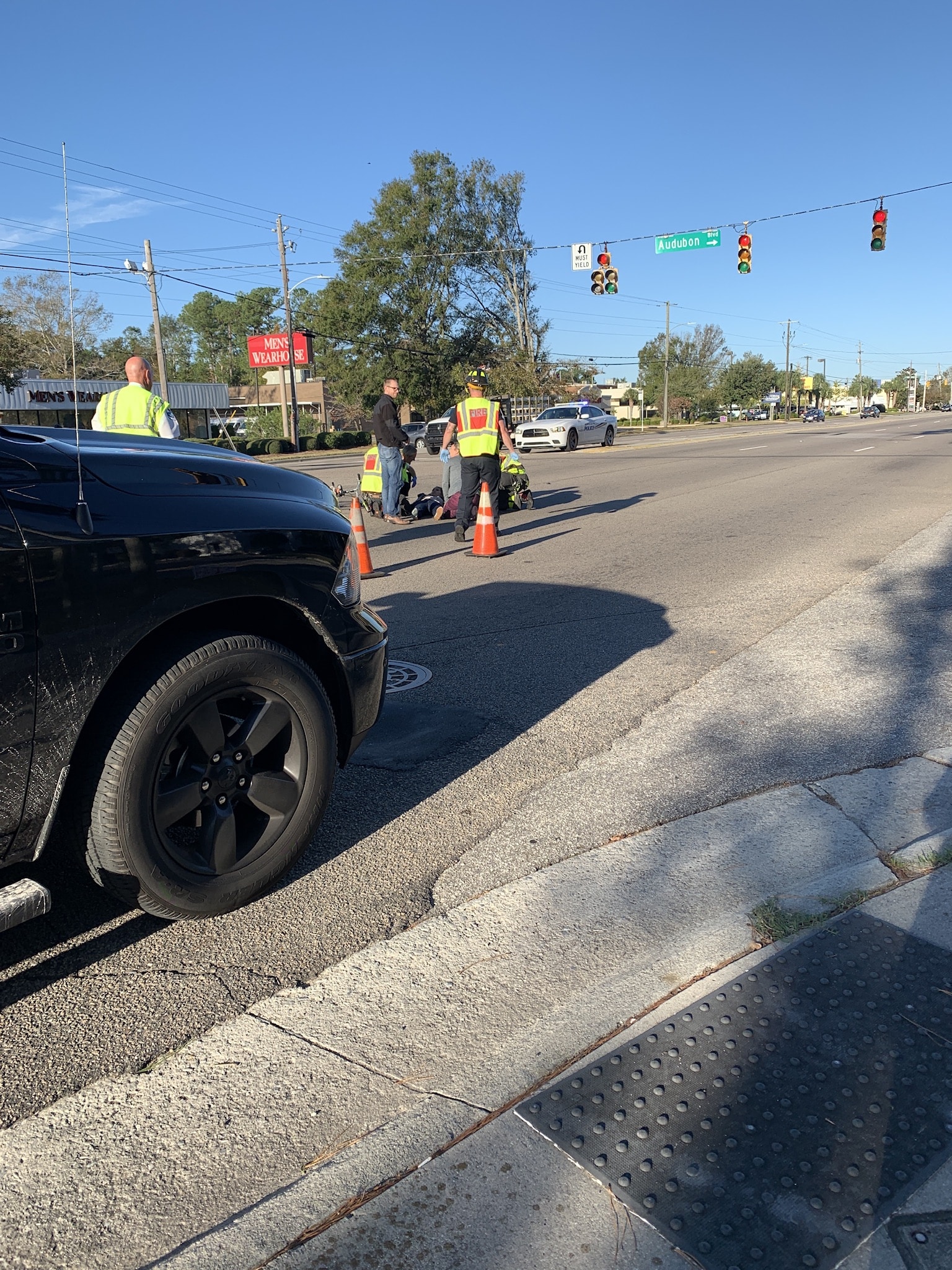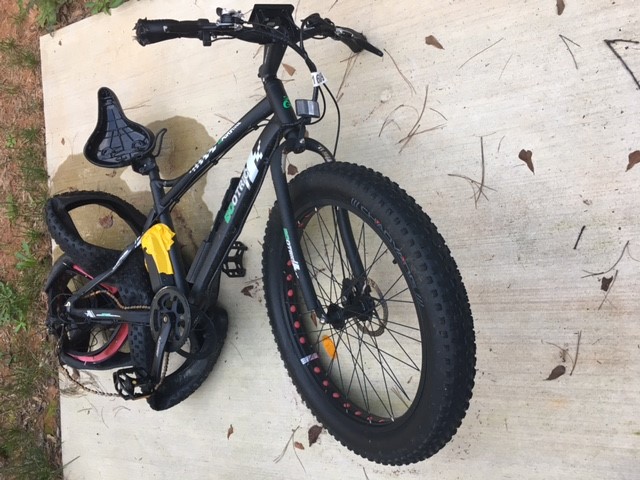As the old, awful saying goes, if you want to get away with murder, kill a cyclist. Well, it looks like it’s happened again here in Georgia.
On July 11, 2018, a very experienced rider and friend to many in the Rockdale County area, Albert “Ab” Roesel, was killed while out on a rural road doing a ride that he no doubt had done many times before. Ab was 75 years old. The police investigation concluded that Ab had been headed Southbound, crossed over into the Northbound lane while going around a curve to his left, then swerved back into the Southbound lane. A Northbound driver swerved into the southbound lane “to avoid hitting the cyclist”, but Ab “also swerved into the Southbound lane and collided with the rear” of the truck.
From what we’ve heard so far, here’s where it happened

To anyone who has ever been on a bike on a rural road, this explanation sounds completely absurd. Further, what common traits are shared among riders that are in their 70s? Experience, safety, caution, awareness and prudence come to mind, just to name a few. What traits don’t we associate with riders in their 70s? Recklessness, foolishness, lack of judgment, etc. The idea that Ab “swerved” across his lane into oncoming traffic and then “swerved” back into his lane just in time to meet up with the rear of a pick up truck strains believability. Compare that to the possibility that the 30 year old driver of the pick up truck either wasn’t paying attention, was speeding, and/or distracted and which scenario seems more likely?
Keep in mind, the crash occurred in Ab’s lane. Who was it that said that Ab swerved into the Northbound lane before swerving back into his Southbound lane? There were no eye witnesses. The statements regarding Ab’s maneuvers came, apparently, from one source: the driver of the truck that crossed into the Southbound lane, killing Ab in the process. Yet, apparently, that statement was enough for the local Sheriff to conclude that the crash was the cyclist’s fault.
From Bike Law’s perspective of representing bicycle crash victims, this is a scenario that we’ve seen repeated far too often, and all across the country. Too many Law Enforcement officers, consciously or not, have an inherent bias against people who ride bicycles. When they approach a crash scene for an investigation, they do not come at it with an eye towards objectively reviewing the facts, statements and physical evidence to reach a conclusion. Instead, the mindset is to find ANY facts that would be consistent with showing that the bicyclist was at fault, and to latch on to those, to the exclusion of other facts and evidence. If this were an isolated phenomenon, that would be easy to blame on an individual officer, but sadly this happens everywhere.
Among the many things that Bike Law advocates do to try to level the playing field for people on bikes is to provide free training and education for police officers so that they’ll be well informed on both the law and cyclists’ behavior when they approach a crash scene. Additionally, we help victims and their families get to the truth behind crashes by both working with investigating officers AND facilitating independent crash reconstructions by highly qualified engineers and experts who don’t cut corners and who get to the underlying cause of a wreck. An independent investigation does not always come out in favor of the cyclist, but it always digs much deeper than the cursory look done by law enforcement in a circumstance like the one that took Ab’s life, where it appears that the officers conclusions were too heavily influenced by the self-serving statement of the driver, a statement that in no way possible matches with the very likely behavior of Ab Roesel.
Here’s a link to the story.

Bruce Hagan’s cyclist law firm is fully committed to representing Georgia bicyclists. “All of our attorneys and most of the staff are full-time riders,” he says. Bruce has handled hundreds of bike crash cases and actively helps bicyclists understand Georgia’s bike laws.










